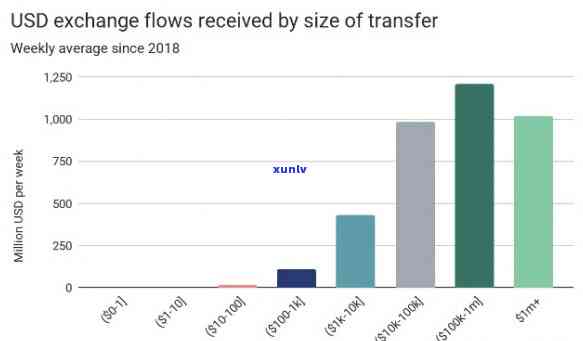Understanding the Implications of Student Loan Forgiveness Tax on Your Finances
#### Student Loan Forgiveness TaxThe term **Student Loan Forgiveness Tax** refers to the potential tax implications that borrowers may face when their stude……
#### Student Loan Forgiveness Tax
The term **Student Loan Forgiveness Tax** refers to the potential tax implications that borrowers may face when their student loans are forgiven. As various student loan forgiveness programs have gained traction, many borrowers are left wondering how these programs impact their tax obligations. This article delves into the intricacies of student loan forgiveness and the associated tax consequences.
#### What is Student Loan Forgiveness?
Student loan forgiveness programs are designed to alleviate the financial burden of student debt for eligible borrowers. These programs can be offered through federal or state initiatives, and they generally require borrowers to meet specific criteria, such as working in public service, making consistent payments over a set period, or enrolling in income-driven repayment plans. While the prospect of having a portion or all of one’s student loans forgiven is appealing, it is essential to understand the potential tax implications that accompany this financial relief.

#### Tax Implications of Forgiven Loans
When student loans are forgiven, the amount forgiven may be considered taxable income by the Internal Revenue Service (IRS). This means that borrowers could face a significant tax bill in the year their loans are forgiven. For example, if a borrower has $20,000 in student loans forgiven, they may need to report that amount as income on their tax return, potentially pushing them into a higher tax bracket and resulting in a substantial tax liability.
However, there are exceptions. Under the American Rescue Plan Act of 2021, any student loan forgiveness that occurs between January 1, 2021, and December 31, 2025, is exempt from federal income tax. This temporary provision aims to provide relief to borrowers during a challenging economic period. It’s crucial for borrowers to stay informed about the evolving tax laws and how they may affect their specific situations.

#### Strategies to Manage Tax Liability
Borrowers should consider several strategies to manage their potential tax liability resulting from student loan forgiveness. First, it is advisable to consult with a tax professional who can provide personalized guidance based on individual financial circumstances. A tax advisor can help borrowers understand their tax obligations, explore deductions and credits, and develop a plan to mitigate any unexpected tax burdens.
Another strategy is to prepare for the tax implications ahead of time. Borrowers can set aside funds throughout the year to cover any anticipated tax liability. Additionally, understanding the timing of forgiveness can be beneficial. If a borrower knows that their loans will be forgiven in a particular year, they can plan their finances accordingly, perhaps adjusting their withholding or making estimated tax payments to avoid a large bill at tax time.

#### Conclusion
In conclusion, the **Student Loan Forgiveness Tax** is an important consideration for anyone eligible for student loan forgiveness programs. While the prospect of having student debt alleviated is exciting, understanding the tax implications is crucial for effective financial planning. Borrowers should stay informed about current tax laws, consult with tax professionals, and prepare for potential liabilities to ensure that they can fully benefit from the relief offered by student loan forgiveness programs. By taking proactive steps, borrowers can navigate the complexities of student loan forgiveness and its tax consequences with confidence.